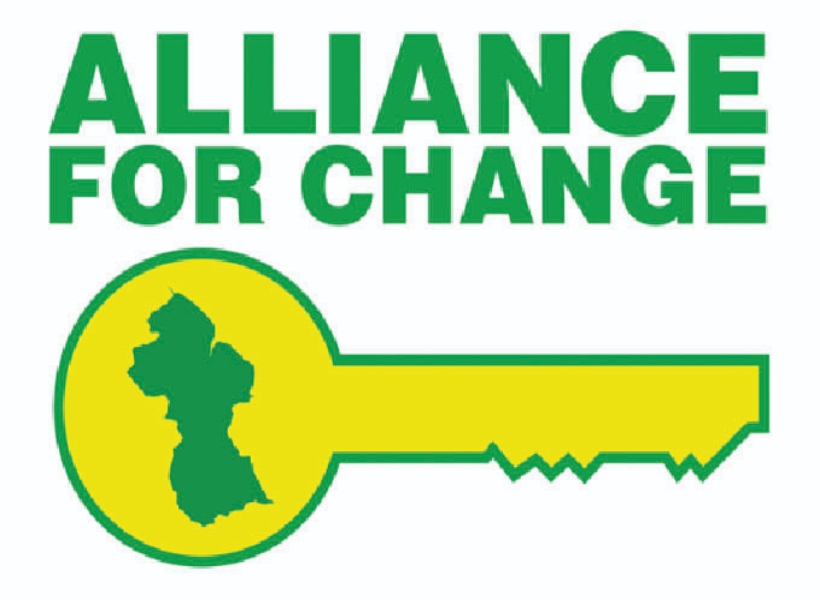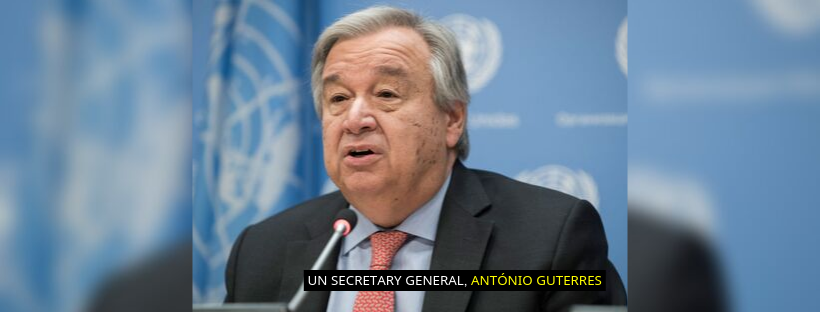Five years after the world marked the adoption of the landmark Paris Agreement on climate change, which seeks to bring global temperatures down to 1.5 to 2 degrees Celsius, not much has changed for the better. In fact, the world is unfortunately on track for a 2 percent annual rise.
Thankfully, the opportunity to remedy this is not lost. According to the United Nation’s Secretary-General, António Guterres, the pandemic recovery gives all counties an unexpected yet vital opportunity to attack climate change, fix the global environment, re-engineer economies, and re-imagine the future.
To do this, Guterres said that countries need to build a truly global coalition for carbon neutrality by 2050. In this regard, he noted that the European Union has committed to do so. The United Kingdom, Japan, the Republic of Korea, and more than 110 countries have done the same. So, too, has the incoming United States administration. China has also pledged to get there before 2060.
With this in mind, the official said it is imperative for every country, city, financial institution, and company to adopt plans for net-zero and act now to get on the right path to that goal, which means cutting global emissions by 45 percent by 2030 compared with 2010 levels.
In advance of next November’s UN Climate Conference in Glasgow, the Secretary-General said that Governments are obligated by the Paris Agreement to be ever more ambitious every five years and submit strengthened commitments known as Nationally Determined Contributions while adding that these NDCs must show true ambition for carbon neutrality.
Another key component to achieving the goal at hand he said, will also be the need to align global finance with the Paris Agreement and the Sustainable Development Goals, the world’s blueprint for a better future.
Guterres said, “It is time to put a price on carbon; end fossil fuel subsidies and finance; stop building new coal power plants; shift the tax burden from income to carbon, from taxpayers to polluters; make climate-related financial risk disclosures mandatory, and integrate the goal of carbon neutrality into all economic and fiscal decision-making.”
The official insisted that international banks must also align their lending with the net-zero objective, while asset owners and managers must de-carbonize their portfolios.
In conclusion, the Secretary-General said, “…We cannot go back to the old normal of inequality and fragility; instead we must step towards a safer, more sustainable path. This is a complex policy test and an urgent moral test. With decisions today setting our course for decades to come, we must make pandemic recovery and climate action two sides of the same coin.”









